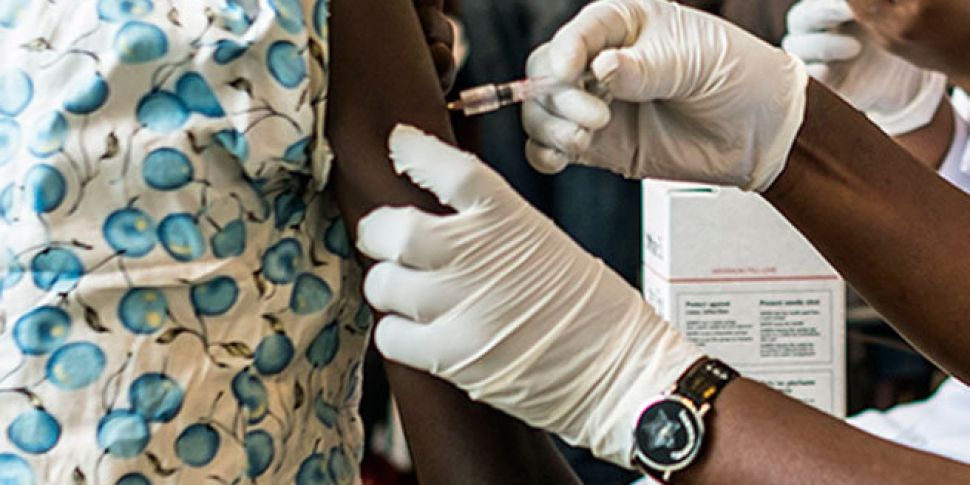The World Health Organisation (WHO) is on alert after a polio outbreak in Nigeria.
The body says three cases in children have been identified in the Borno region.
It says there is also a high risk of the virus spreading in the Lake Chad area.
The WHO says a polio response is ongoing, adding: "Immediate vaccination took place in mid-August, subsequent large-scale immunization to follow".
The country has declared the polio outbreak a national public health emergency.
The WHO says it has developed a humanitarian scale-up plan in Borno in response to the initial outbreak on August 19th.
"The polio outbreak highlights the fragile health systems and the impact of conflict and insecurity while underscoring the risk of transmission throughout the Lake Chad
region, notably Chad (Lake Chad area), northern Cameroon, southern Niger and parts of the Central African Republic," the WHO says.
"It is not unexpected to find polio transmission in the last stages of polio eradication.
"This recent discovery does not discount the gains made in Nigeria or on the African continent, but rather underscores the importance of surveillance and of reaching every last child.
Source: WHO
"Every country in Africa and elsewhere needs to assess areas with limited access to find out if there are other pockets where the virus is hiding, preying on neglected and isolated children and families."
But the WHO is warning that there is a large susceptible population.
It says immunisation in northern Nigeria have been significantly constrained for the past four years by a lack of access.
"This has led to the build-up of a large susceptible population of
children, estimated between 500,000 and one million in the inaccessible areas.
"As a result, immunity in northern Nigeria is therefore much lower than other states in Nigeria."
There is an estimated seven million people requiring immediate humanitarian assistance, of which 2.2 million people are currently inaccessible.
Polio is a highly infectious viral disease, which mainly affects young children.
It is transmitted by person-to-person, spread mainly through the faecal-oral route or, less frequently, by contaminated water or food.
It multiplies in the intestine, from where it can invade the nervous system and can cause paralysis.
Initial symptoms include fever, fatigue, headache, vomiting, stiffness in the neck, and pain in the limbs.
The WHO says in a small proportion of cases, the disease causes paralysis, which is often permanent.
There is no cure for polio, it can only be prevented by immunisation.










